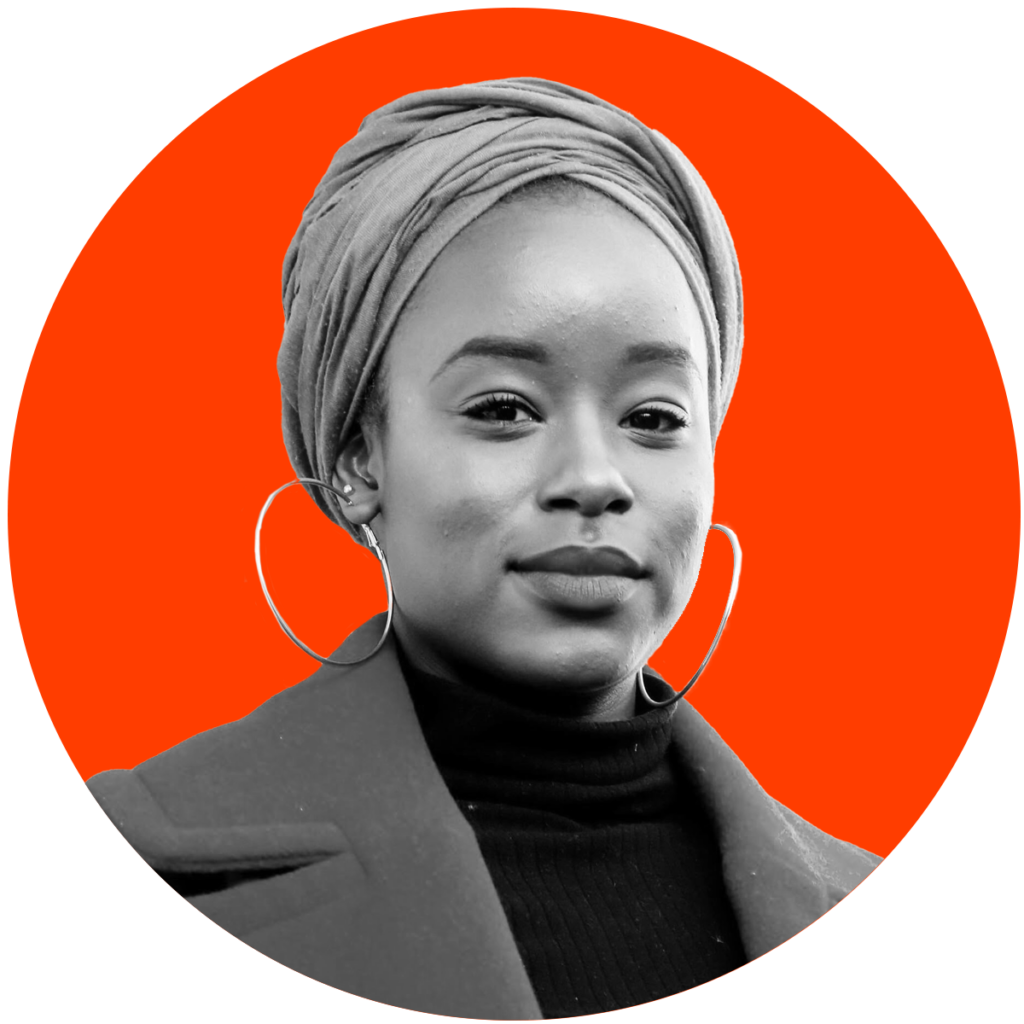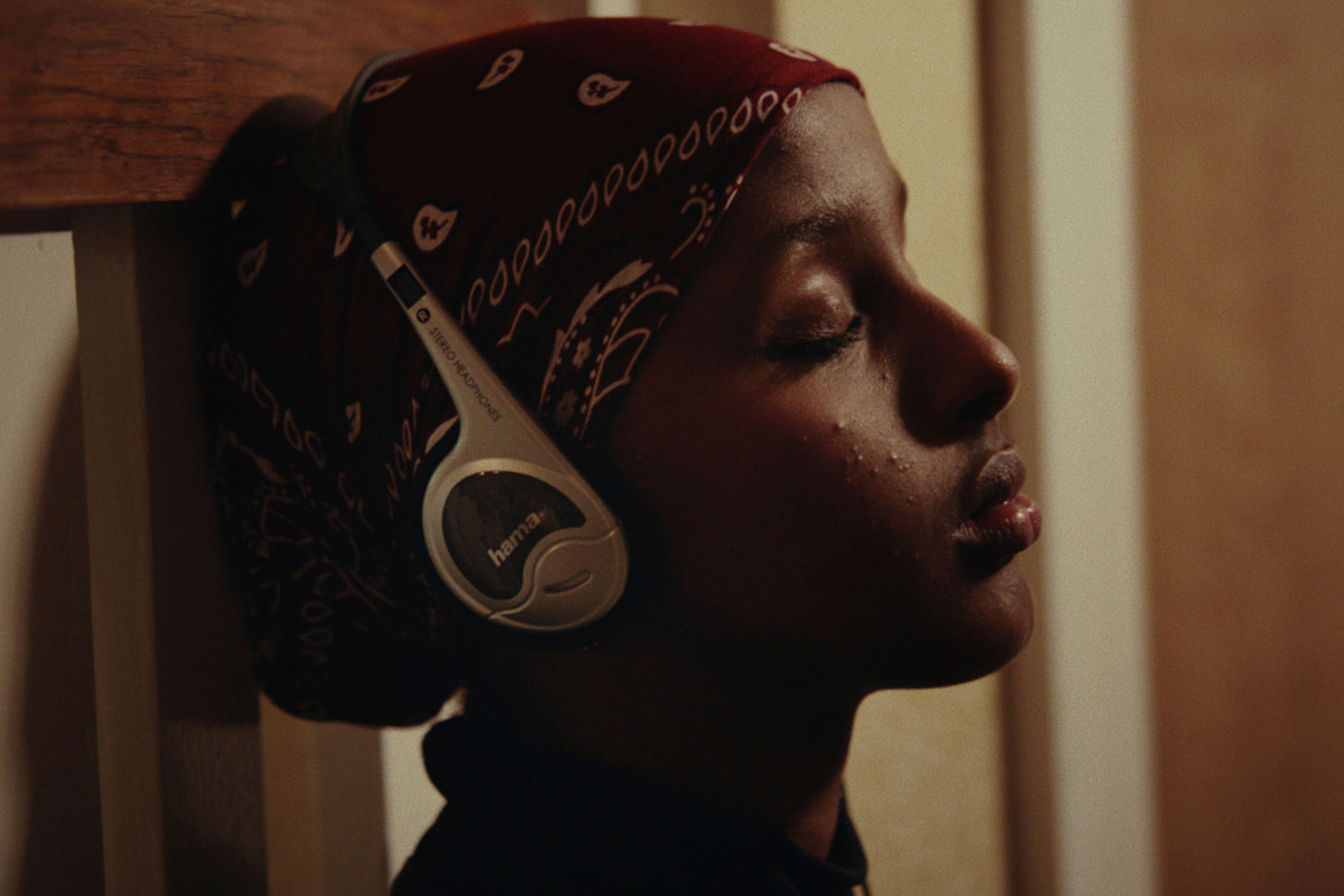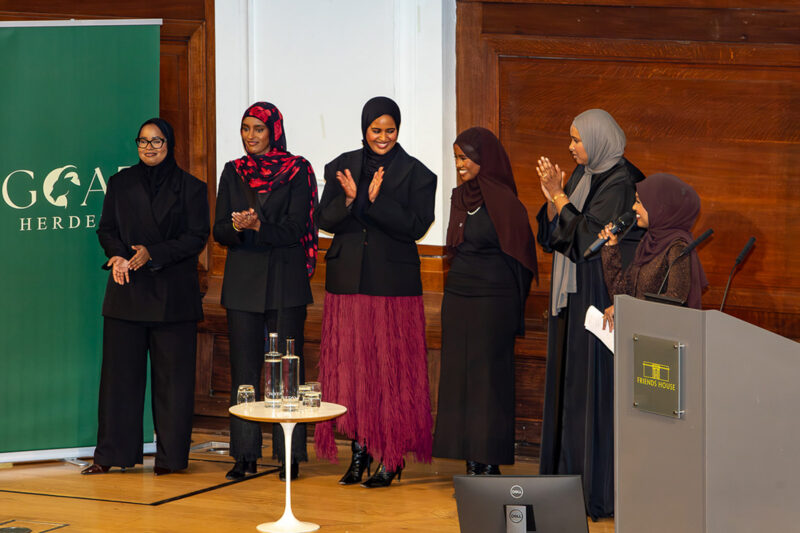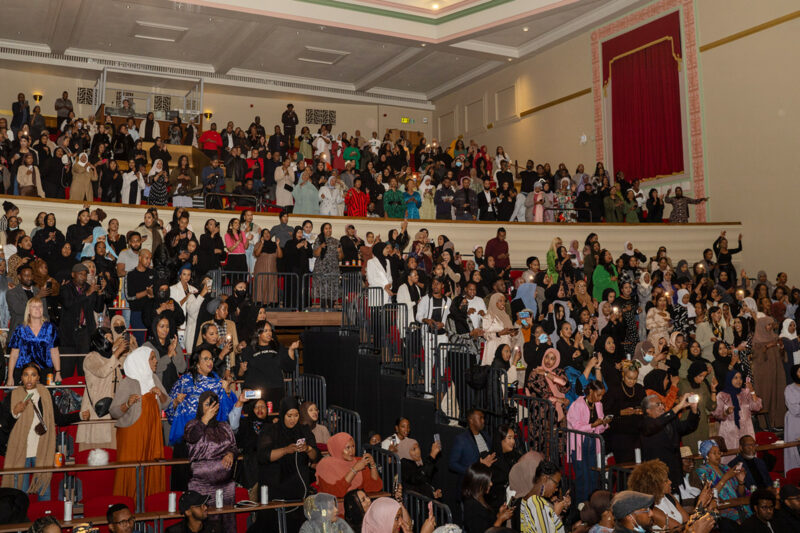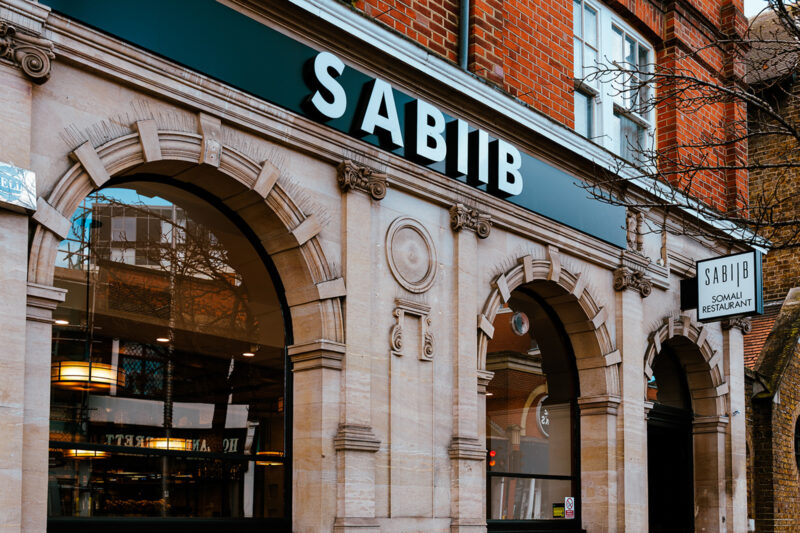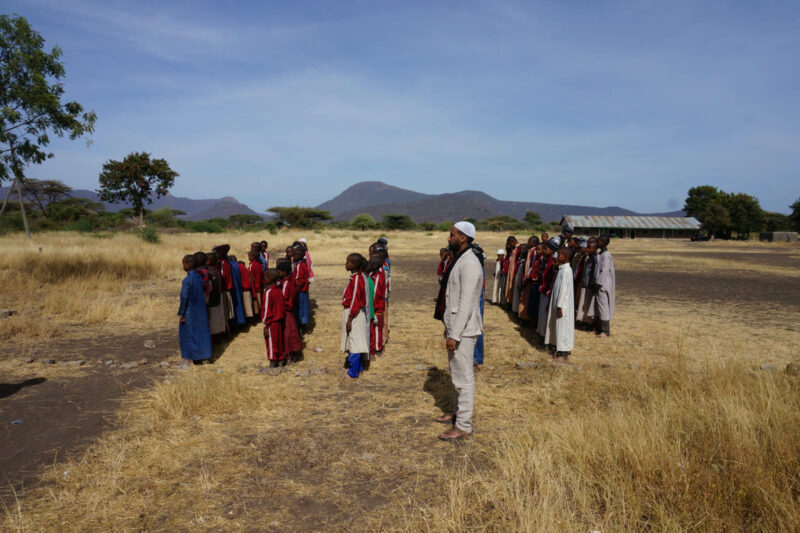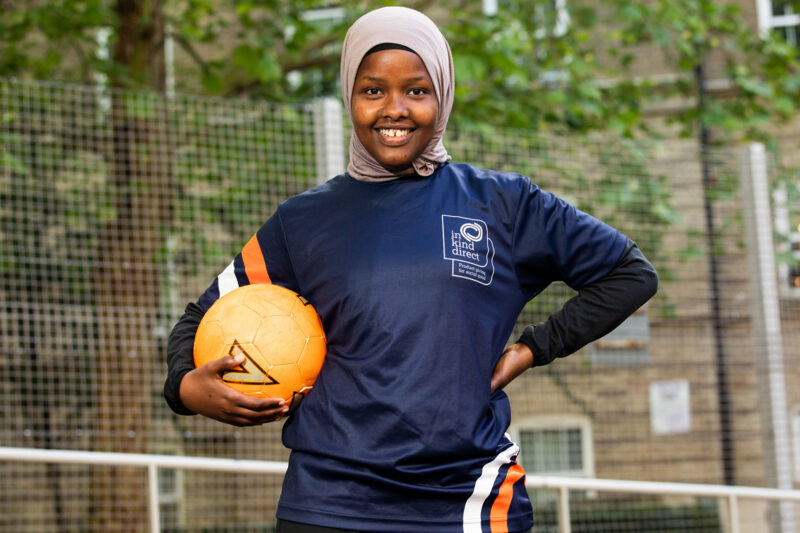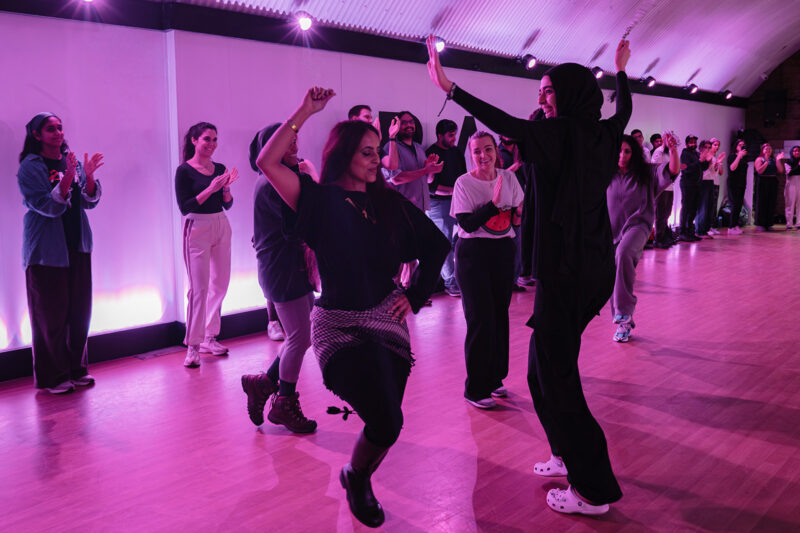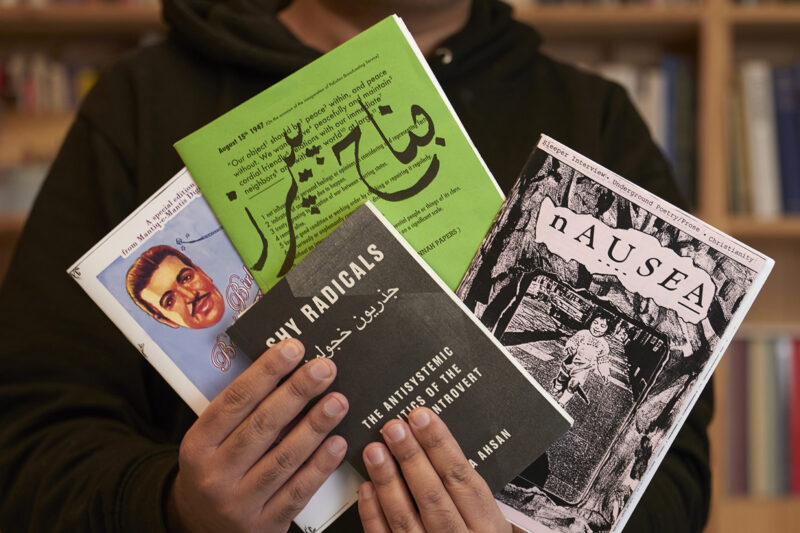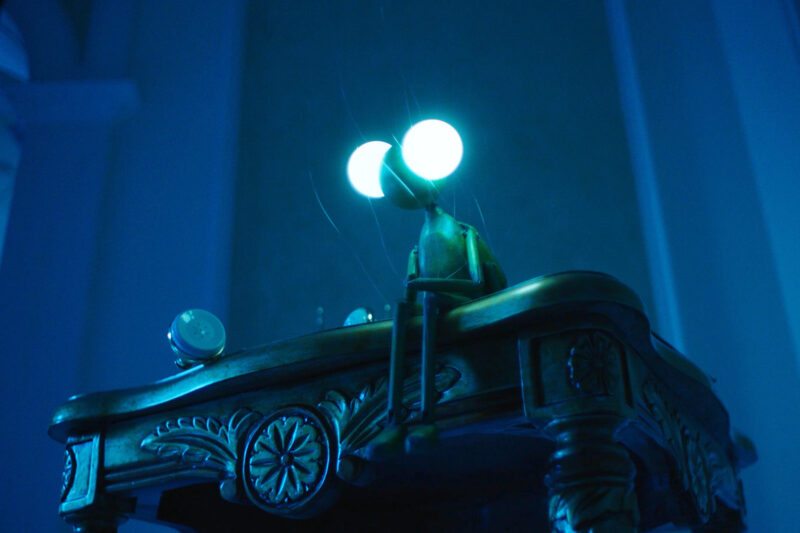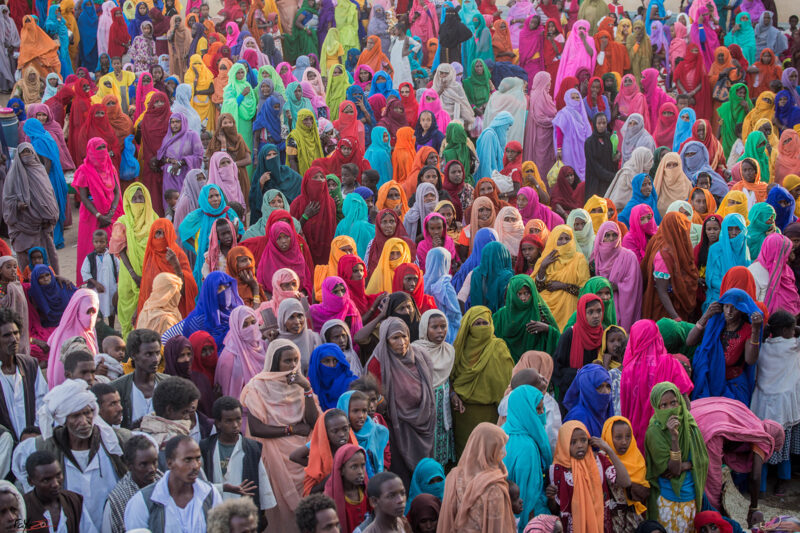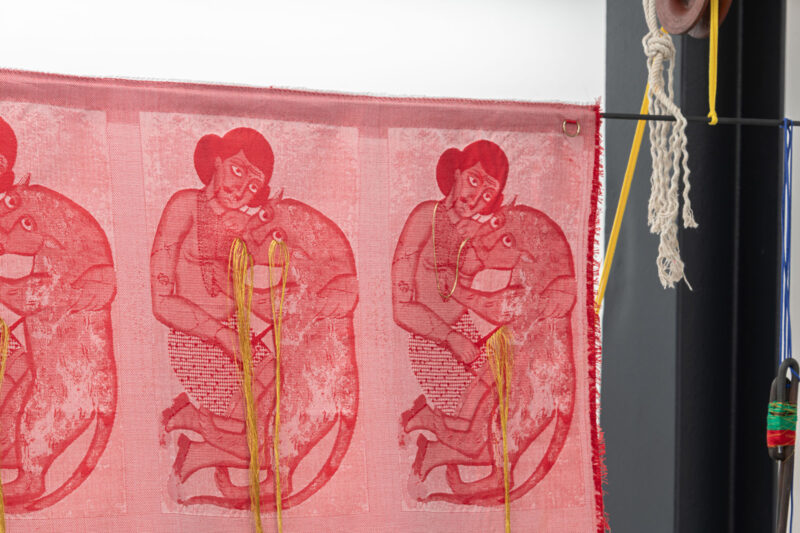Somali Week 2025 is telling real stories on their own terms
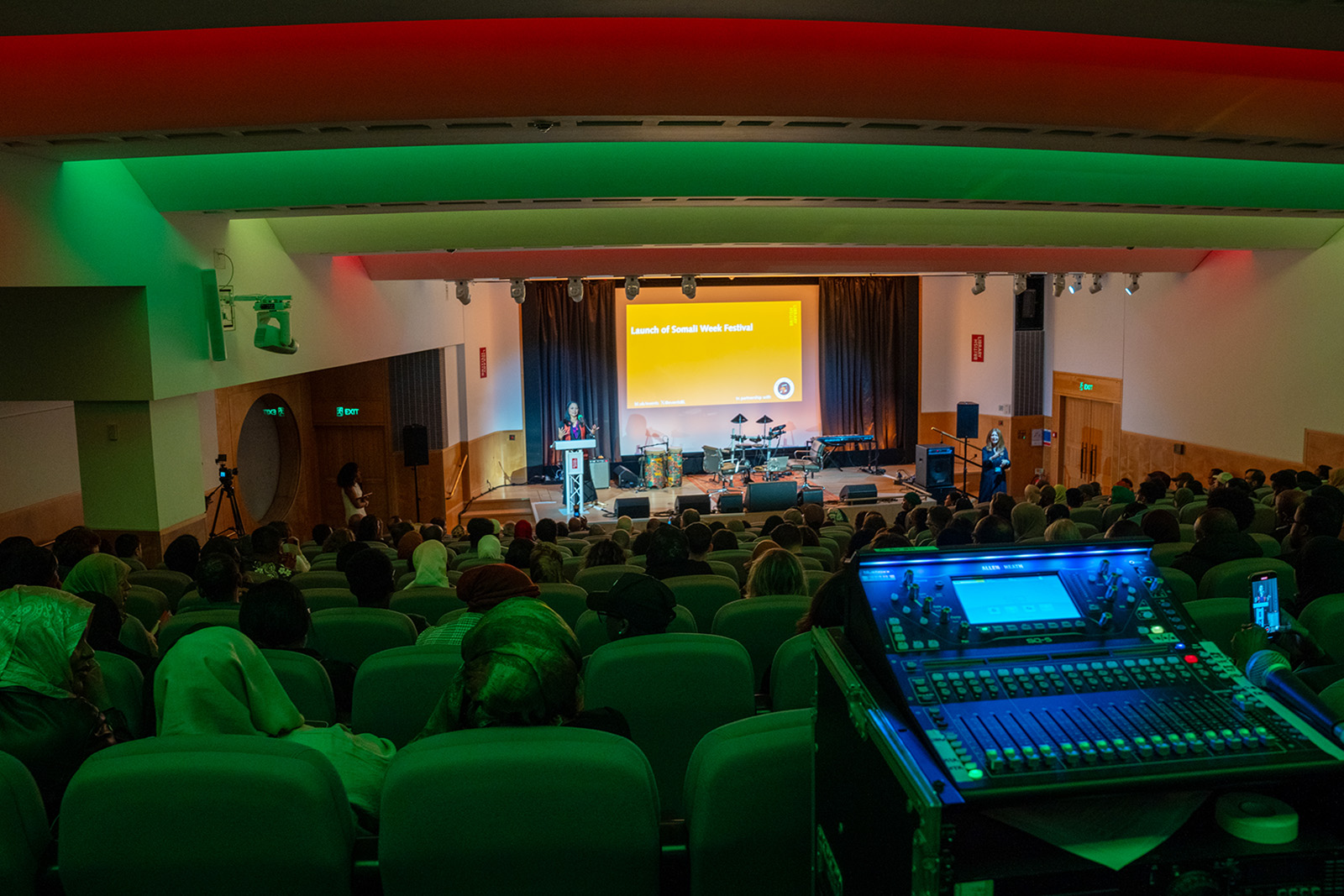
From a theatrical premiere to film, literature and family days, the annual event continues to break new cultural ground
When Suher Sofi launched JanFirst Productions earlier this year, she wanted to make sure that stories like hers could exist on their own terms. Having already received plaudits for her debut play as a producer Desperate Times, she joined forces with Raha Mahamoud, producer of the award-winning play Dugsi Dayz, to achieve that goal.
“JanFirst was born out of necessity,” Sofi says. “In this industry, you have to create your own space — it’s the only way. We realised early on that the industry only starts paying attention when we do things independently. That’s when we have full control and our stories don’t get watered down.”
The company’s first major project, Crush, written by actor and playwright Hadsan Mohamud, premieres at Oxford House in Bethnal Green on 19 October as part of this year’s Somali Week Festival, an annual celebration of the community’s arts and culture organised by Kayd Somali Arts and Culture.
Running from 17-26 October, this year’s festival — themed Resonate! Sounds of the Past, Voices of the Future — spans film, theatre, music, literature and panel discussions across London venues, including the British Library, Kiln Theatre and Southbank Centre. Crush has already proved a popular draw, with tickets for both nights selling out in just five hours.
Other Somali Week highlights include the UK premiere of the feature film The Village Next to Paradise on 18 October, a family weekend of storytelling and children’s activities and, on 19 October, Somali Book Day, which brings together Somali and English-language authors, publishers and readers. The festival also hosts New Directions in Somali Theatre, a panel discussion featuring Sofi, Mohamud and others, exploring the future of Somali storytelling on stage.
Crush takes place in the waiting room of an eating disorder clinic, where two Somali teenagers, Najma and Zakaria, meet by chance. She loves sketching and he is passionate about poetry. Both are Black, Muslim and navigating recovery. While they initially connect through shared culture and circumstance, their conversations begin to peel back the layers of shame, masculinity and mental health that are often left unspoken in their community.
The play is a coming-of-age romance story, Mohamud says. When it came to showing moments of affection between Najma and Zakaria, Mohamud knew the play had to tread carefully.
“We wanted to deal with that delicately,” she says. “As Muslims, we wanted to show something appropriate, something that feels real and relatable.”
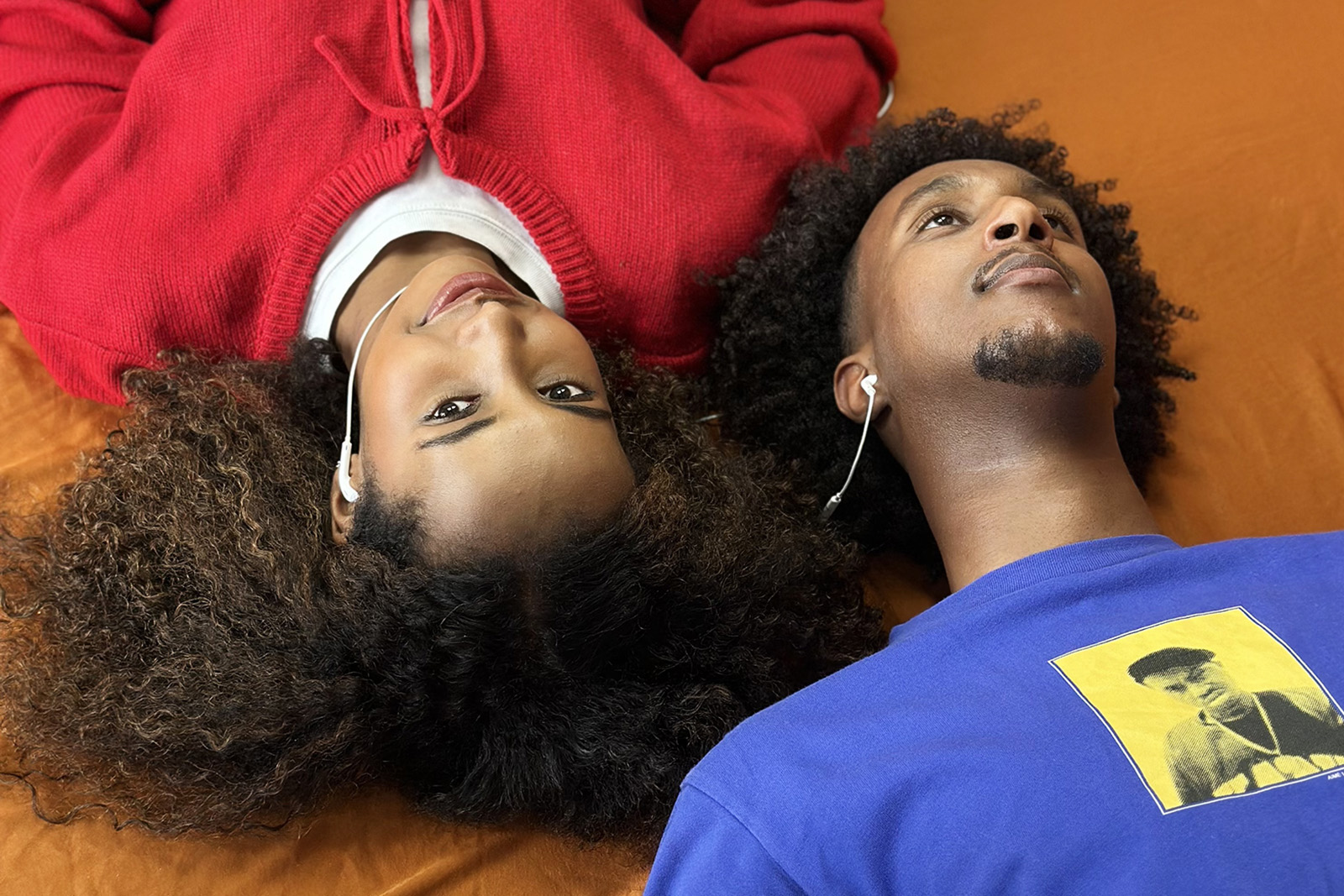
Mohamud, who also stars as Najma, drew from her own experience with an eating disorder in her late teens. “I felt like that shouldn’t be happening to me,” she says. “No one around me really understood, and my parents wanted to help, but didn’t know how. That’s something that happens a lot in our community, but it’s brushed under the carpet. So, I think this play can be a conversation starter.”
For Sofi and Mahamoud, producing the play was about creating space. “Theatre can feel inaccessible, especially for working-class Black Muslim creatives,” says Sofi. “We wanted JanFirst to make things easier, to make sure people could see themselves on screen and stage, not just as audiences but as storytellers.”
The company is collaborating with several organisations, including the Somali Mental Health Network, to ensure the play handles its subject matter with care and offers resources and signposting for audiences after the performance.
At the heart of the play, Crush is a love story that resists easy romantic tropes. “We wanted to deal with that delicately,” Mohamud says. “As Muslims, we wanted to show something authentic and appropriate, something that feels real and relatable.”
Crush shows that JanFirst isn’t afraid to push boundaries, according to Sofi. “We don’t want to play it safe,” Sofi says. “We want to tell stories that aren’t expected from us, stories that go beyond the usual narratives about Somalis or Muslims. We want to talk about things that haven’t been explored.”
For Sofi, Mahamoud and Mohamud, debuting Crush at Somali Week is a milestone. “Kayd has always been the first to give us opportunities,” Sofi says. “They were there from the beginning.”
Mohamud has performed at the festival before and is thrilled to premiere Crush as part of the 2025 programme. “There’s so much gatekeeping in this industry, so it’s hard to get opportunities like this,” she says. “So many people are seeing theatre for the first time — they’re so engrossed, excited, supportive. It’s where I want this story to start.”
 Newsletter
Newsletter

